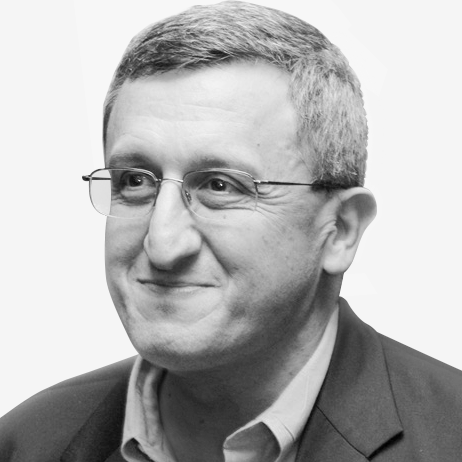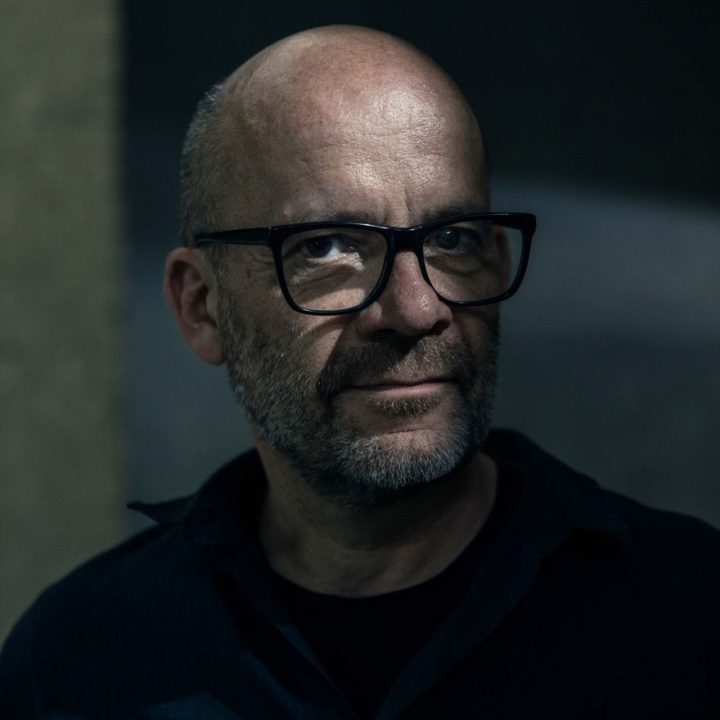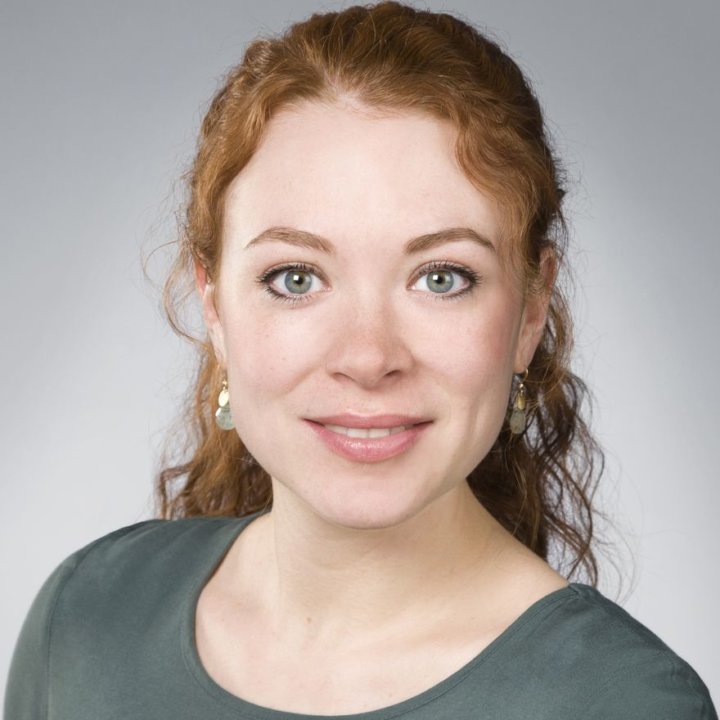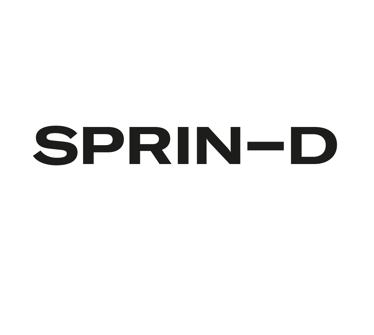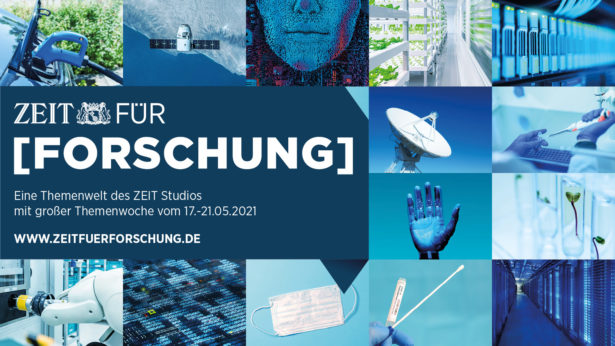Kaigham (Ken) J. Gabriel is changing the way CEOs and boards around the world invest in innovation. He is currently Chief Operating Officer at Wellcome Leap, driving bold, unconventional programs and funding them at scale to deliver breakthroughs in human health. Ken applies formal methods of innovation that he has successfully directed in government, public and commercial sectors. He sits on the board of companies delivering innovation in a variety of industries—Trimble (NASDAQ: TRMB), Galvani and Seegrid. For half a decade prior, Ken was the President and CEO of Draper—an MIT spin-off engineering company, notably famed for developing the Apollo guidance computer. He drove double-digit revenue growth for four consecutive years and increased the diversity and number of technical staff from 1500 to nearly 2000 personnel. Ken expanded the company’s offerings to include control and guidance for autonomous vehicles & field robotics as well as in biomedical innovations such as end-to-end cell therapy production for treatment of cancer and engineered human organs-on-a-chip platforms for drug discovery. He also created an Initiative that made the company’s engineering expertise accessible to internationally recognized sponsors to tackle global and societal challenges such as creating the world’s first adaptive pediatric heart valve. Additionally, he spun out a number of start-ups, most recently Dover Microsystems, delivering hardware-based cybersecurity solutions and Dexai, fielding cognitive robots for the food service industry. Prior to Draper, Ken was the founding co-lead of the Advanced Technology and Projects (ATAP) group at Google. Before that, he served as Deputy Director and Acting Director of the Defense Advanced Research Projects Agency (DARPA) in the U.S. Department of Defense. Throughout his career, Ken has delivered game-changing innovations to the private sector, government and academia. Ken is regarded as the “godfather” of MEMS, miniaturized and integrated mechanical and electrical devices, which help cell phones orient themselves, air bags know when to fire, biomedical tools save lives, and makes a range of game-changing capabilities possible in smaller packaging. Ken’s MEMS work led him to co-found Akustica, a start-up that pioneered digital silicon microphones and shipped more than 6 million units globally before the company was acquired. A World Economic Forum Technology Pioneer, Ken is a visionary behind the concept of disciplined innovation, a proven leadership approach which increases the likelihood for delivering breakthroughs in any sector.
